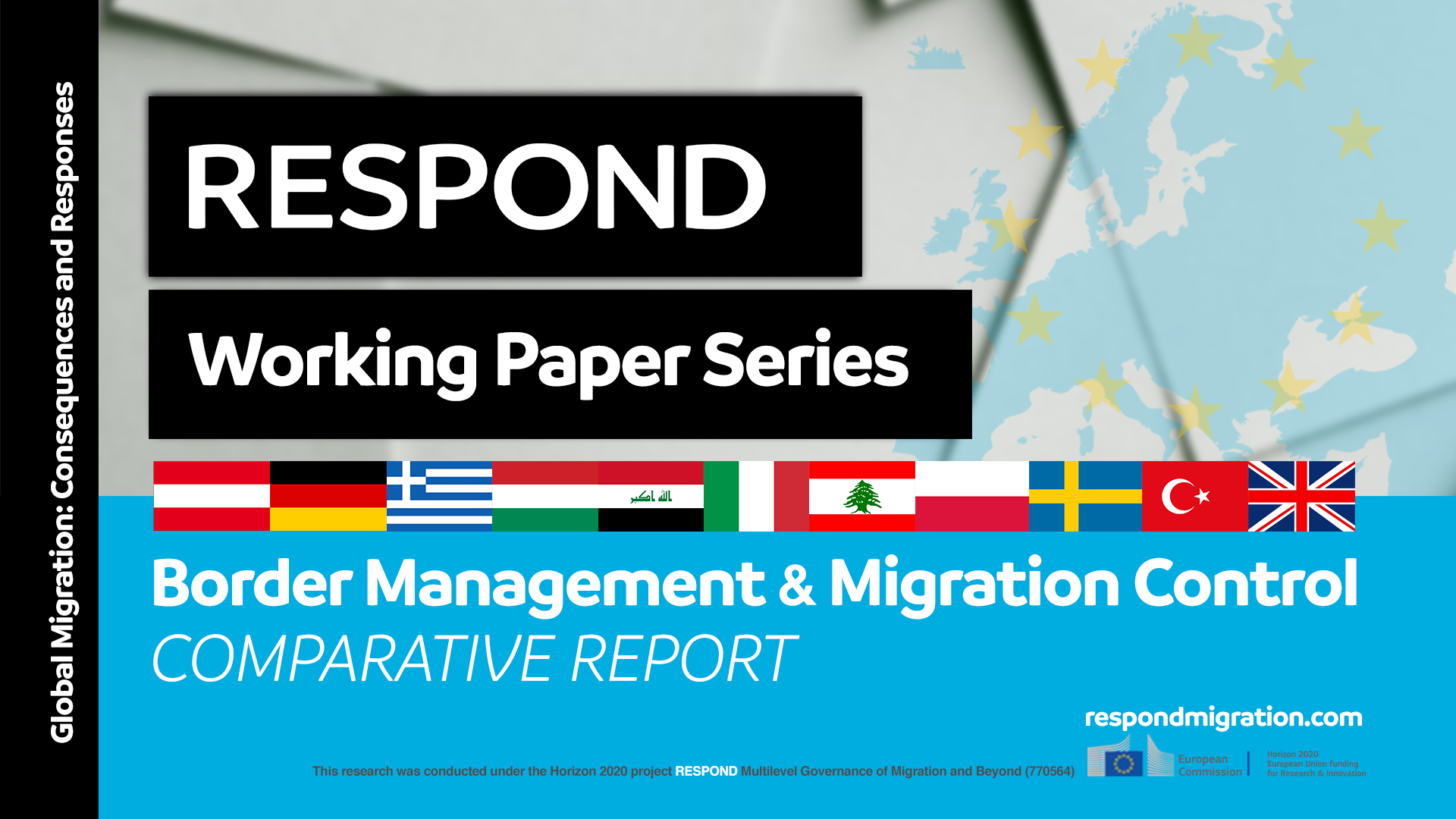Önver Cetrez, Valerie DeMarinis, Johanna Pettersson, Mudar Shakra with contribution by:
Rajon Arifuzzaman, Pauline Fritz, Ala Sivets | Uppsala University
This report explores the Swedish integration policies and practices as well as their implementation as experienced by newcomers. Integration refers to the permanent settlement period that sets in after the acquisition of a permanent residence permit, or when one starts mentally adapting to the host society. Through a multilevel governance approach, it highlights how legal, political, and institutional integration frameworks in Sweden affect integration outcomes. The latter refers specifically to the way newcomers establish themselves in the new society and negotiate their new social position.
Read More







